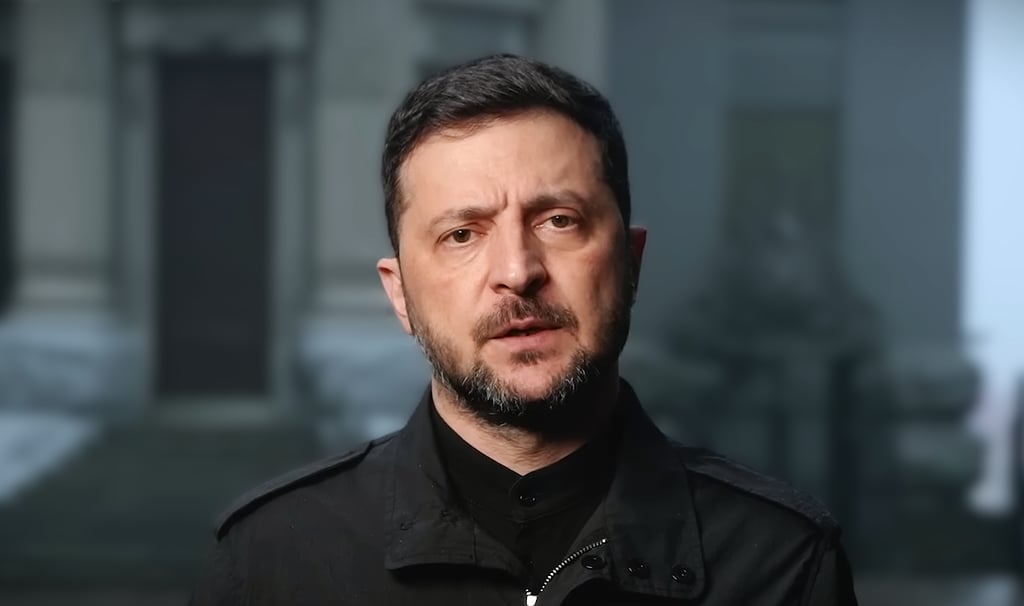Geneva Talks: U.S., Ukraine and Europe Debate Trump’s 28-Point Peace Plan
Top U.S., Ukrainian and European officials meet in Geneva to assess President Trump’s 28-point peace plan amid major concerns over security and territorial terms.
Raja Awais Ali
11/23/20252 min read


Geneva Talks: U.S., Ukraine and Europe Review President Trump’s 28-Point Peace Plan
Senior officials from the United States, Ukraine and key European nations convened in Geneva on 23 November 2025 for a pivotal round of negotiations on President Donald Trump’s proposed 28-point peace plan, a blueprint aimed at ending the Russia–Ukraine war. The proposal has sparked intense discussions across Kyiv and European capitals due to its highly sensitive political implications.
The meeting was chaired by U.S. Secretary of State Marco Rubio, accompanied by President Trump’s special envoy Steve Witkoff Ukraine was represented by Andriy Yermak, Chief of Staff to President Volodymyr Zelenskyy. Senior national security advisers from France, Germany, the United Kingdom and the European Union also joined, highlighting Europe’s deep involvement in shaping the future of the plan.
Controversial Elements of the U.S. Proposal
According to U.S. officials, the draft peace plan contains several contentious points, including:
Possible territorial concessions by Ukraine to Russia
Restrictions on Ukraine’s military capabilities
Long-term suspension of Ukraine’s NATO membership ambitions
These conditions have raised alarms in Kyiv, where leaders fear the proposal may compromise Ukraine’s sovereignty and constitutionally defined borders.
Ukraine’s Firm Red Lines
President Volodymyr Zelenskyy has repeatedly emphasized that Ukraine will not accept any agreement undermining its territorial integrity. He stated that Kyiv is ready for constructive dialogue, but its “constitutional borders and sovereign rights” are non-negotiable.
Ukraine’s National Security Council Secretary Rustem Umerov reiterated that Ukraine is participating with clear red lines and is committed to protecting the country’s long-term national interests.
European Pushback on Key Clauses
European governments have expressed their own reservations:
Germany, France and the United Kingdom warned that applying excessive pressure on Ukraine could destabilize Europe and embolden Russian objectives.
The European Union stressed that “borders must not be changed by force”, rejecting any settlement that legitimizes territorial seizure.
European officials also objected to proposed limits on Ukraine’s military strength, arguing it could leave Ukraine vulnerable to future threats.
Washington Calls It a Working Draft
U.S. officials clarified that Trump’s 28-point plan remains a “working draft”, not a finalized offer. They signaled that revisions are likely based on feedback from Ukraine and European partners. Washington maintains that its goal is to create a credible pathway to end the war without weakening Ukraine’s defensive posture.
High Stakes for the Geneva Round
Analysts warn that the Geneva discussions could become a defining moment in the conflict:
If the draft is reshaped into a mutually acceptable framework, it could open the door to a ceasefire.
But if Ukraine or Europe view the terms as unfair or coercive, the plan may widen political fractures within the Western alliance.
For now, Geneva stands at the center of global attention as diplomats work to determine whether a unified formula for peace is possible—or if divisions will deepen as deadlines approach.
Stay informed with the latest national and international news.
© 2025. All rights reserved.